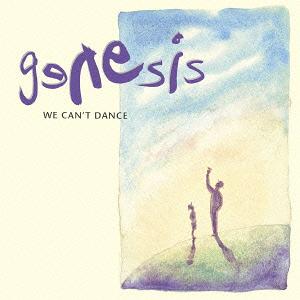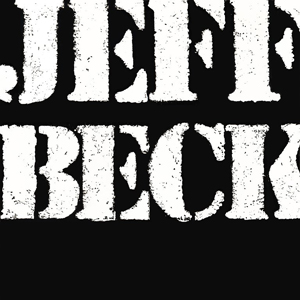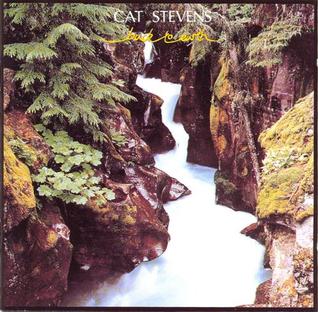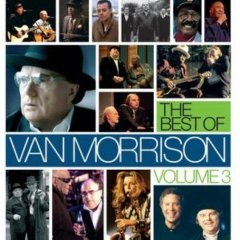“Show Don’t Tell” was an ideal intro, being the first track promoting the album, and the opener. Near-flamenco flourishes by every instrument carry understated verses designed to highlight the catchy choruses. “Chain Lightning” doesn’t stand out very much, until the chorus starts to sound too much like that of “Limelight”, and frankly, the pitch-altered “that’s nice” at the end is just odd. The next two songs solidify their role as spokesmen for suburban teens, continuing ideas first begun on “Subdivisions”: “The Pass” concerns teen suicide, pointedly against it, Alex’s little solo adding a feeling of triumph before the futility of “Christ what have you done”, whereas “War Paint” is a little more upbeat, dismantling the ideas of personal image and superficial vanity. “Scars” is built around an insistent African-style rhythm, with more lyrical references to “atmospheric changes”. The title track’s metaphors are a little forced, and Neil’s lyrics seem more self-reflecting than universal.
“Superconductor” is somewhat mindless, but it was designed that way, being a commentary on the disposable pap that always seems to sell millions of copies. Perhaps to prove their point, “Anagram (For Mongo)” doesn’t reference Blazing Saddles further than the title; rather, the wordplay reveals a series of adages, some clever, some forced. Lest we think they’re all about having fun, “Red Tide” crams concern over a variety of contemporary ills (acid rain, AIDS, the ozone layer) into one track, and “Hand Over Fist” extols cooperation over individual isolation. (Plus, the images of rock, scissors, and paper in the packaging inspired debate over which symbol corresponded to which band member.). Finally, “Available Light” starts with a very basic (for them) piano theme, but doubles the speed for the choruses, which culminate in throwbacks to Geddy’s high-pitched wailing.
Presto is a harmless little album, not exactly groundbreaking, but certainly reasserting the brand. All the elements are there, from the heavy riffing and polyrhythms to the literate lyrics and Geddy’s voice. Keyboards are still in there, but they don’t dominate. These days it sounds a little slick, but not as dated as other albums. (As for the cover art, it’s just plain goofy, illustrating the title track with an unconscious allusion to Watership Down.)
Rush Presto (1989)—3


:format(jpeg):mode_rgb():quality(90)/discogs-images/R-8717939-1467256495-2278.jpeg.jpg)

:format(jpeg):mode_rgb():quality(90)/discogs-images/R-13873253-1563302328-7241.jpeg.jpg)







